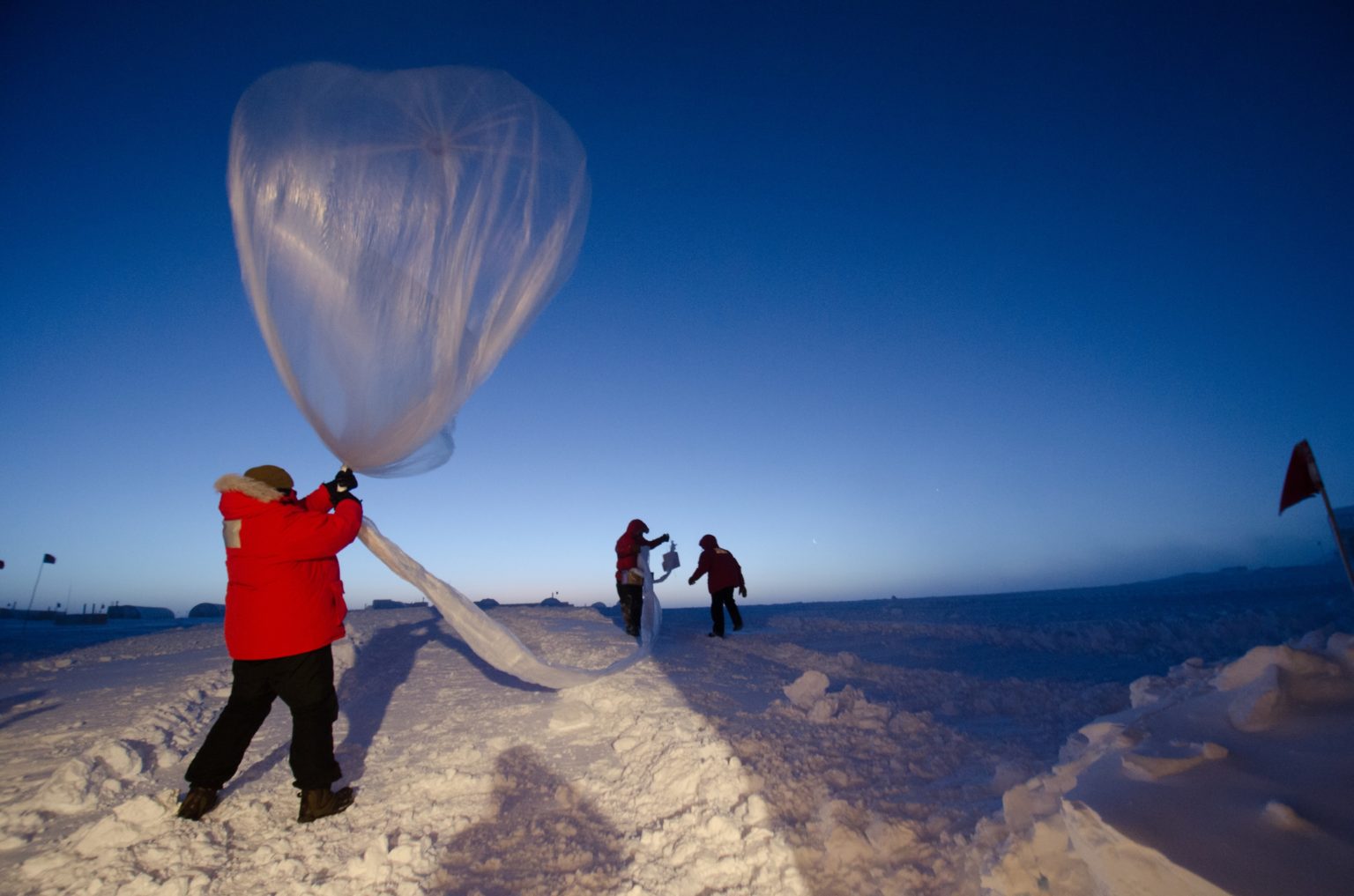An online satellite panel and discussion on “Trust in Climate Science” opened the Global Young Academy’s 2021 International Conference of Young Scientists on the topic of “Trust in Science”.
Moderated by Leila Niamir (Mercator Research Institute on Global Commons and Climate Change, Germany), the panel discussion featured insights from experts in oceanography, physics, science policy and biodiversity. In speakers’ talks and the following discussion, one tenet was clear: trust is not the same as action, and climate action is urgently needed. However, building and maintaining public trust is part of what scientists do when they communicate their research, and this trust can ultimately support transformative change. Below, you can read a summary of panel contributions, or watch recordings of the panel and discussion (90 minutes), or individual speaker contributions.
Summary of Panel Contributions
Antje Boetius (Director, Alfred Wegener Institute, Helmholtz Center for Polar and Marine Research) underscored that scientists not only can, but should make recommendations and prognoses. According to the ethical guidelines of the German Research Foundation (DFG), the role of scientists goes beyond increasing knowledge to also include a duty to promote human well-being. Prof Boetius spoke both about her collaboration in working groups of the German National Academy of Sciences Leopoldina with Leopoldina President, Prof Gerald Haug and other members, and from her perspective as an oceanographer. From the point of view of the interdisciplinary working group, it is important to reliably diagnose the state of the earth – of which different stages of development can be observed as far back as 90 million years – and base recommendations on this data. Scientists have warned about global warming since the 1960s, and we can now see a high correlation between global temperatures and increased Co2 in the atmosphere over the last 50 years. To gain trust in society, scientists need to communicate clear prognoses (which have been made, e.g. in IPCC reports), but also propose technologies and actions to counter risks.
From the perspective of ocean research, Prof Boetius pointed out the importance of ocean life to at least 1/3 of humans as an essential source of food. As it becomes clear that the UN Sustainable Development Goals (SDGs) and related indicators are not on path to be reached by 2030, ocean scientists need to raise their voices. Two early tipping points – massive loss of coral reefs and quickly melting artic ice – show the dangers of global warming to ocean health and sustainability. Prof Boetius also made the point that scientists may lose society’s trust if they are only seen as alarmists who set goals that are not attainable, and therefore it is increasingly important to offer solutions and paths to action.
Michael Saliba (Professor, Director of the Institute for Photovoltaics, University of Stuttgart, Germany) addressed the inevitable increase of total global energy demand over time, and called for a “disruptive technological change” towards mass production of energy from sustainable sources. Past paradigm shifts have shown that people are capable of making drastic change even over a short period of time. With better data sharing and new financial models, renewable energy can be made profitable and attractive, creating new options for consumers. At the same time, interdisciplinary approaches (e.g. from economics and the social sciences) can help facilitate public trust to encourage a renewable energy revolution.
Leena Srivastava (Deputy Director General for Science, International Institute for Applied Systems Analysis) asserted that trust comes from empowerment. The widespread transformation needed to combat climate change affects people at a personal level. Therefore to create trust, people need to hear about problems in a language they understand, from people whose interests are aligned to their own. Furthermore, for policy advice, solution and action-oriented communication is crucial to being heard. To this effect, increased cooperation between basic research and applied sciences will be important, but also the convergence of top-down and bottom-up solutions.
Fernanda Werneck (Researcher, Instituto Nacional de Pesquisas da Amazônia-INPA, Brazil), emphasized the importance of protecting biodiversity to counter climate change. Although for many scientists, the link between biodiversity and climate change is obvious, this perception is not reflected in media coverage. Increased awareness of the importance of biodiversity, e.g. by recognizing and protecting “ecosystem services”, can be a means of increasing public trust and openness to sustainable action. The biodiversity narrative offers ways to engage people close to their real lives with climate issues.
“Trust in Climate Science” Recordings
Watch the 90 Minute panel “Trust in Climate Science” and discussion here:
Panel contribution by Antje Boetius:
Panel contribution by Michael Saliba:
Panel contribution by Leena Srivastava:
Panel contribution by Fernanda Werneck:
